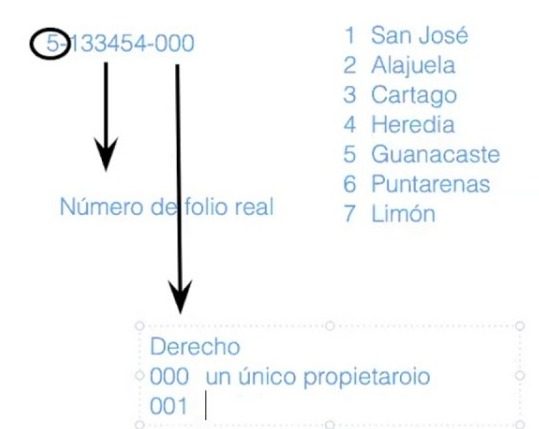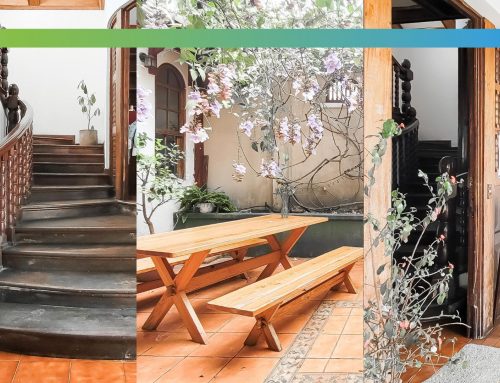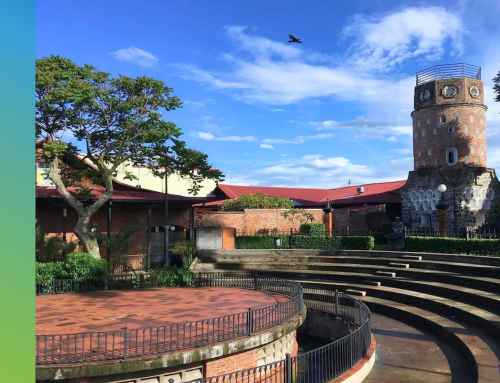Before buying a property in Costa Rica, there are certain important legal and technical aspects that the buyer must take into account to proceed with the purchase and prevent future conflicts during this process. Analyzing and understanding the different phases that the process entails will help you to have a more secure transaction. There are three important steps to help you make a wise decision, below we explain each one of them.
1. Identifying the property
In Costa Rica, the vast majority of properties are duly titled, which means that they have a title registered in the Registro National. This is a folio number, which is assigned to each property individually to identify it and distinguish it from all other registered properties.
This number is made up of five parts:

2. Due diligence process

After having identified the property, it is always advisable to carry out a due diligence process, in which a lawyer, with other professionals, will carry out a detailed audit of registry, cadastral, fiscal and legal aspects that could affect the property or the use that is intended.
During this process, a detailed review of documents registered in the National Registry is carried out. In this way, it is possible to determine if the property is duly titled and to verify if there are annotations that may affect the property. In the same way, a study of the successive tract is carried out, to verify that whoever presents itself as the seller of the property, indeed is and has sufficient powers to carry out the process.
Document review
The due diligence process will also imply the review of the cadastre map, and if necessary, its verification by a topographical engineer, to confirm that there are no overlaps with neighboring properties that may eventually affect your property. Tax issues will be reviewed to verify if the property is up to date with the payment of the corresponding taxes, so that the buyer does not have to assume these expenses later.
Finally, a review of the urban planning regulations will be made to identify if there are national or local regulations (as is the case of regulatory plans and land use certificates), which limit the use and enjoyment that the buyer intends for the property.
The above is not a complete list of the aspects that are reviewed during the due diligence period, since each case must be evaluated in a particular way, for this reason it is advisable to consult a real estate advisor beforehand.
Legal documents and registration
Writing the legal documents may vary depending on the business agreed between the parties. In many cases, prior to starting the due diligence process, a “purchase promise” is signed, in which the parties agree on the conditions under which an eventual sale will be agreed if the result of the due diligence favors the buyer, but it is not a mandatory document.
The purchase of the property is made through a public deed granted before a Notary, where are include the statements of each party, the specifications on the financing and the characteristics of the transaction.
After signing, the deed must be presented at the National Registry, for which the legal stamps and the transfer tax must be paid in advance. The amount came from the purchase price of the property, or from its fiscal value, so the expenses must be appraised according to the greater amount between those two factors.
Finally, it is important that the Notary who grants the deed, follow it up in order to correct defects that the National Registry may point out, and must also verify that, once the document is registered, the information coincides with the business agreed in writing.
The above is a general summary of the process of buying a property in Costa Rica, however, it is important to take into consideration that each case may present particularities. In all cases, it is advisable to hire the services of a real estate agency and a lawyer specialized in the subject to carry out the sale and thus ensure the success of the transaction.






